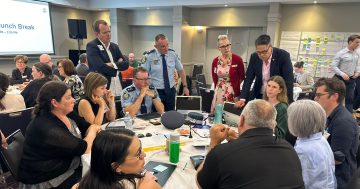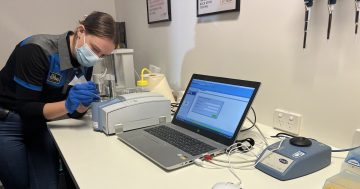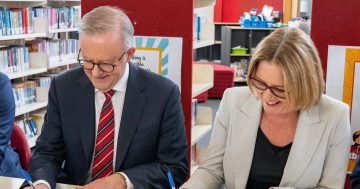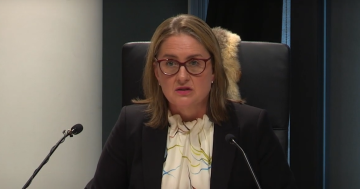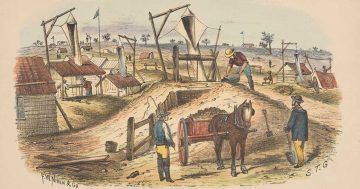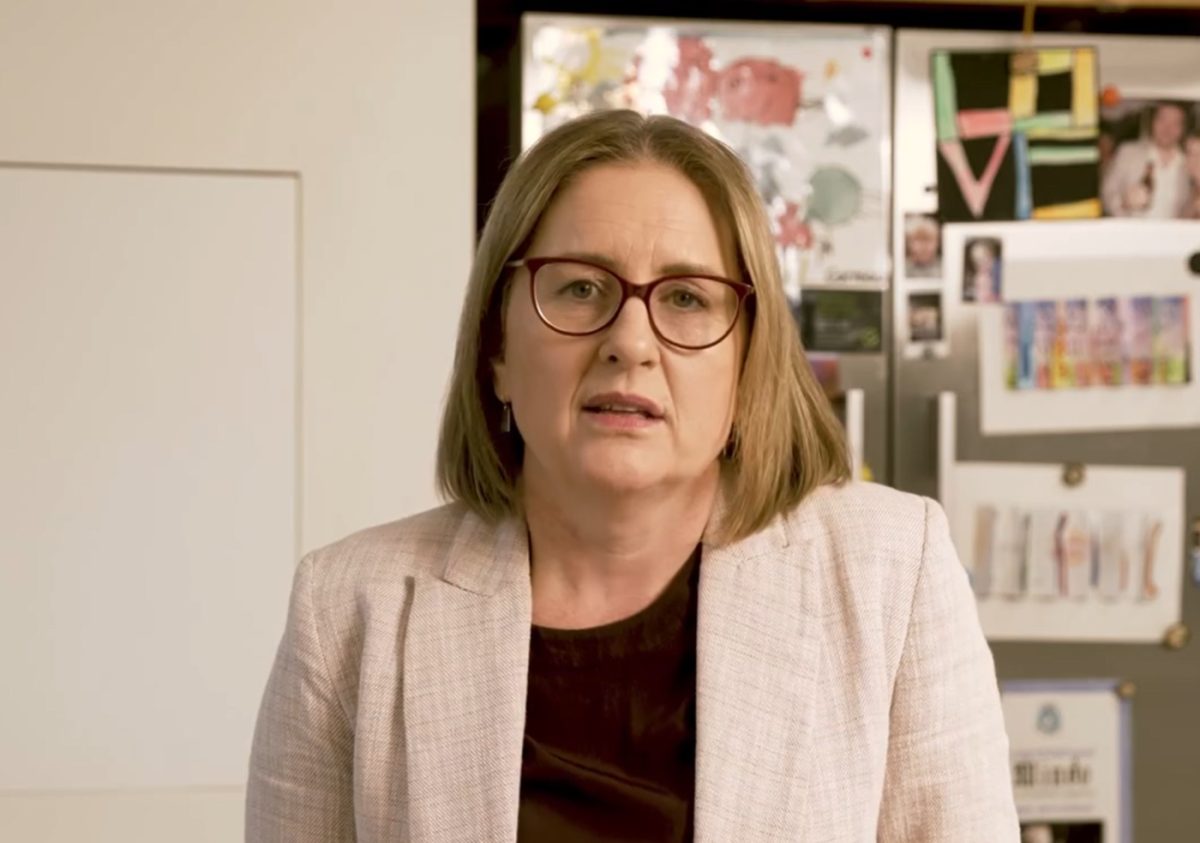
Premier Jacinta Allan said her children would soon be attending music festivals, and wondered ‘what it the worst happens’. Photo: Screenshot from Jacinta Allan Facebook.
Pill testing will be a familiar fixture at music festivals across Victoria this summer after the State Government agreed to implement a trial.
Premier Jacinta Allan and Minister for Mental Health Ingrid Stitt announced on Tuesday (25 June) that the trial would run for up to 18 months, and would include mobile and fixed services.
They said the trial was not an endorsement of illegal drugs, but rather about saving lives and changing festival-goers’ behaviour by giving them access to health and safety information.
“This is about saving lives,” the Premier said.
“Soon enough my own kids will be heading off to music festivals and parties with their mates and, like all parents, sometimes I catch myself thinking … what if the worst happens? What if they don’t come home?”
The Premier said she endorsed the trial because of the increase in drug-related emergency department admissions, and the proliferation of synthetic substances with increased potency such as Fentanyl and Nitazenes.
She also said she had studied the results from more than 30 similar trials overseas, and the ACT’s successful CanTest health and drug-checking service which has been in operation since 2022.
The Victorian mobile testing service will attend up to 10 music festivals this summer, while a fixed site will open at a Melbourne inner-city location in partnership with a community or tertiary health provider in mid-2025.
The drug-checking technology used will be able to test the make-up of most pills, capsules, powders, crystals, or liquids, and can identify harmful chemicals, while trained peer workers and technical experts will be present during testing to provide personalised and confidential health information so that users can make informed decisions.
They emphasised that no one using the pill-checking service will ever be told a drug is safe to consume, rather they’ll just be told what’s in the drug, and have a conversation with an expert about the consequences and choices they face.
“I don’t condone drugs, but if a young person gets handed a pill at a festival, they need someone to tell them exactly what it is and exactly what it does, without telling them that it’s safe,” Ms Allan said.
Minister Stitt said honest, open, health-focused conversations and advice was how they planned to reduce drug harm and help people make safer, more informed decisions.
“No drug is safe, but if people choose to take them, they deserve to know what’s in it and have the experts tell them how to stay safer – and that’s what this trial is all about.”


